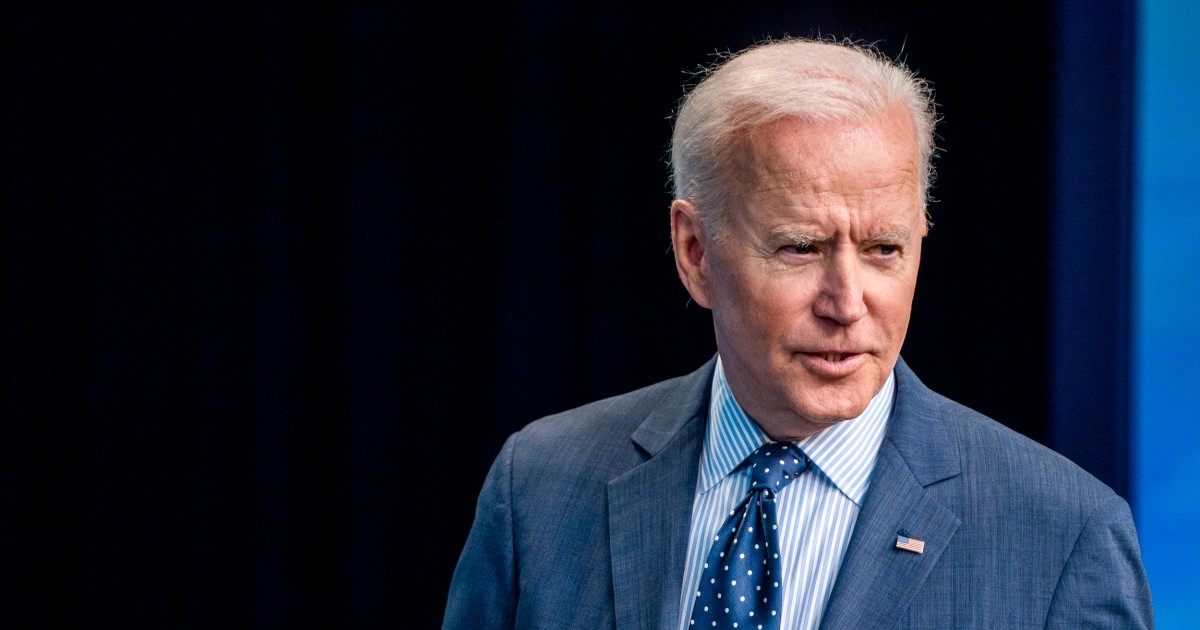In this week, ProPublica has published a treasure trove of information about the financial lives of some of our wealthiest citizens. The info confirms what many tax experts already know: There is one tax system for the rich and another for everyone else. Through perfectly legal and straightforward strategies like holding assets, borrowing, and giving wealth to family members upon death, wealthy people can essentially choose whether and how much to pay income tax.
Using perfectly legal and straightforward strategies, wealthy people can essentially choose whether and how much income tax to pay.
What is nominally a progressive tax system, where higher-income taxpayers pay a greater portion of their income than taxes, is actually a system that allows the richest man in the world, Jeff Bezos, not to pay income taxes in 2007 and 2011. He is not alone. Elon Musk, Michael Bloomberg and George Soros all joined our 45th President, according to ProPublica, per The New York Times, in the “no federal income tax” club at least once. (Bezos and Musk made no comment to ProPublica when asked. A Bloomberg spokesman said it “pays the statutory maximum tax rate on all federal, state, local and international taxable income.” A Soros spokesman said, “Between 2016 and 2018 George Soros lost money on his investments, so he owed no federal income taxes in those years. Mr. Soros has long advocated higher taxes for wealthy Americans. “Trump has called criticism of his tax rates” fake news. “)
In a truly progressive tax system, these individuals would pay a greater proportion of their income in taxes than firefighters and teachers, whose wages are subject to both income and payroll taxes. As ProPublica has shown, our income tax system does a bad job of truly capturing the economic income of our wealthiest, especially if you think income should be more in line with purchasing power.
While highlighting the different tax systems for the wealthy, the ProPublica report also raises questions about the IRS’s ability to keep sensitive financial information confidential. This, in turn, could undermine the support the IRS needs to tackle tax evasion (mostly from the bare rich – not the 0.001 percent). It would be an unfortunate and ironic consequence of a truly historical account.
An important part of the Biden administration Made in America tax plan is enforcement. To address the tax system’s role in inequality, the IRS seeks to address large amounts of under-income incomes by wealthy people. Backstopping its tax gap plan is a proposal that requires banks and other financial institutions to provide the IRS with additional information about aggregated deposits and withdrawals from bank accounts.
While ProPublica did not disclose who leaked the information (and claims it does not know the source), the report may weaken trust and confidence in the IRS and damage proposals to exponentially increase the amount of financial information currently reported. (Indeed, Republicans are already showing on the ProPublica story to justify not supporting the Biden government’s proposals on the tax gap).
ProPublica acknowledged that the publication of the information could violate the privacy of the persons presented therein. Still those Website justified its publication with the argument: “We believe that it serves the public interest in a fundamental way and enables readers to see patterns that were previously hidden.”
That ProPublica published a separate justification underscores the cost associated with its story.
Having large fortunes enables rich people to borrow money against that fortune; When you borrow money, you have no income even if the assets that could secure the loans have increased immensely. And assets passed down through generations can perpetuate those tax breaks – and inequality.
Longstanding critic of the tax system David Cay Johnston welcomed the ProPublica publication as the “greatest and most important” tax story in his 55-year career. Hopefully, Johnston said, the article will help America “wake up and realize that our federal income tax, as it is now designed, is a massive subsidy system for the super-rich.” The ProPublica report also featured all white men and highlighted what Dorothy Brown, author of “The white of wealth“Has previously shown – namely, that our ostensibly racially neutral tax system is contributing to the growing racial wealth gap, with black Americans often being left behind.
None of this happens in a vacuum. The Biden government has committed Address some of the injustices of our current income tax system, including ensuring greater equivalence between the way the tax system treats capital and labor income. An important proposal would prevent individuals from inheriting valued assets at fair value without taxing the unrealized gain. The ProPublica report should generate support for changing the rules, especially now that we see clearly how the richest people, whose fortunes have skyrocketed from the pandemic, can easily and legally avoid paying.
However, despite the potential positive impact on some of the Biden government’s key tax proposals, the government announced that it would conduct a multi-pronged investigation to determine the source of the IRS leak. Unauthorized disclosure of tax return information is a crime and taxpayer confidentiality is an important part of the system. We can only hope that ProPublica’s reporting of tax equality doesn’t inadvertently make it difficult for the IRS to spot and punish wealthy taxpayers who evade their taxes. That would waste a fleeting moment of consensus on topping up the IRS.

